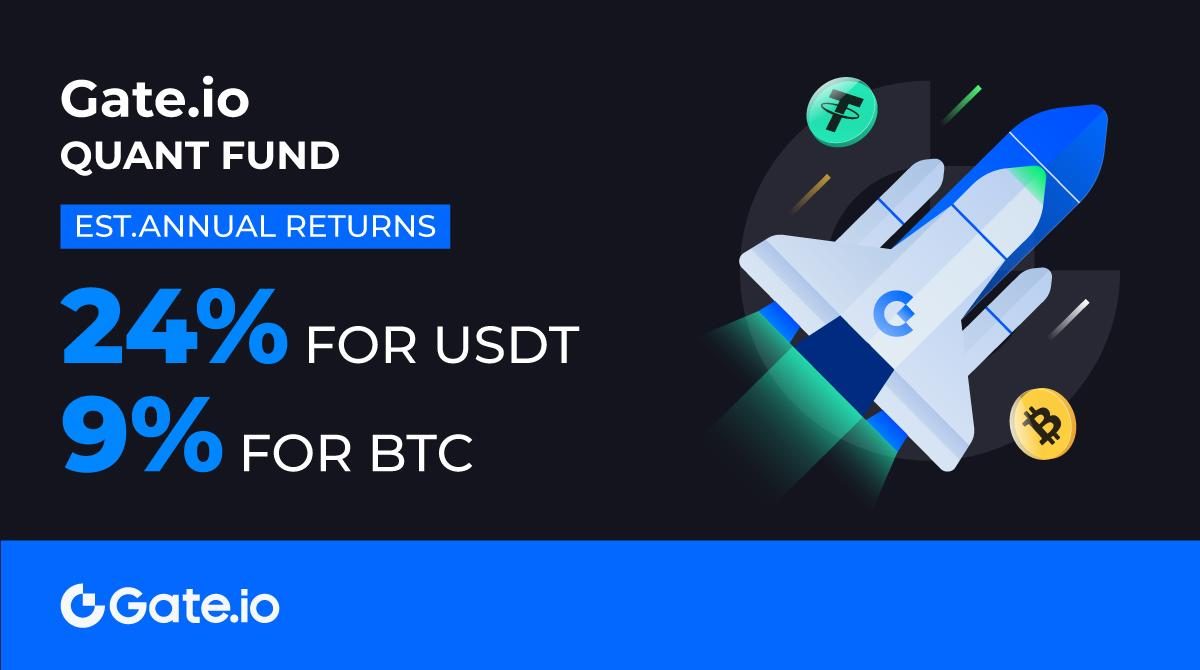Privacy-driven, decentralized search engine Presearch has announced a partnership agreement with leading inedible token (NFT) market OpenSea to accelerate the growth of the web ecosystem 3.0 for the global community.
The Presearch network is run by a community of node miners and supporters who are rewarded with Ethereum-based PRE tokens to increase network activity.
According to the analysis in the company’s press release, the platform has garnered 2.7 million user registrations and enabled 3.5 million daily searches.
Cointelegraph spoke to Presearch founder Colin Pape to get an exclusive look at the inspiration behind the OpenSea integration, as well as the precedent it sets for the crypto ecosystem:
“While many of our users are crypto enthusiasts, we also have many artists and players who are currently spending more time in the NFT metaverse. This version makes Presearch the easiest way to search and access any results you want, including NFT details. ”
After integrating CoinMarketCap in early October and now OpenSea – the latter with an average of 100,000 users and trading volumes between $ 80 million and $ 100 million per week – the platform has announced its enthusiastic intention to integrate some other popular NFT markets in the near future .
In September, Presearch was integrated into the standard list of new European and British Android devices as the first crypto-oriented search engine and was reset to the factory settings by Google.
As early as 2018, Google, the world’s most popular internet search engine, was found guilty by the European Union’s antitrust authorities for violating the law on fair competition. strengthens its search engine monopoly on Android devices.
The results of these findings resulted in a record fine of 4.24 billion euros ($ 4.2 billion), dwarfing the previous record of 1.06 billion euros (1.2 billion US dollars). ) was imposed on the technology company Intel in 2009.
In response, Google was forced to make a number of changes to its browser settings. including increasing the number of default search engines that are visually represented in the list of user preferences, as well as removing the obligation to pay as a means of obtaining rankings.
Related: Decentralized search engine is becoming the standard option on Android devices in Europe
The platform’s native token, PRE – which acts as a utility token for features like keyword staking and search incentives for registered users – grew more than 1,000% over the month of September and mid-October, from around $ 0.04 to one All time high of $ 0.44.
This significant increase in value is contributed in part by positive fundamental news like the announcement of Android.
At the end of the conversation, Cointelegraph asked Pape to share his opinion on the importance of platforms and companies working with or building decentralized structures when cryptocurrencies hit the market. He has answered:
“Decentralization is at the heart of the blockchain, and the transparency, interoperability, ownership, and lack of custodians inherent with the blockchain are what make NFTs so different and so valuable. […] It is important to maintain these qualities and ethos, and by linking decentralized platforms and communities with NFT, we will ensure that this incredible technology is not just adopted by Big Tech.cooper for their own benefit. ”
.
.














